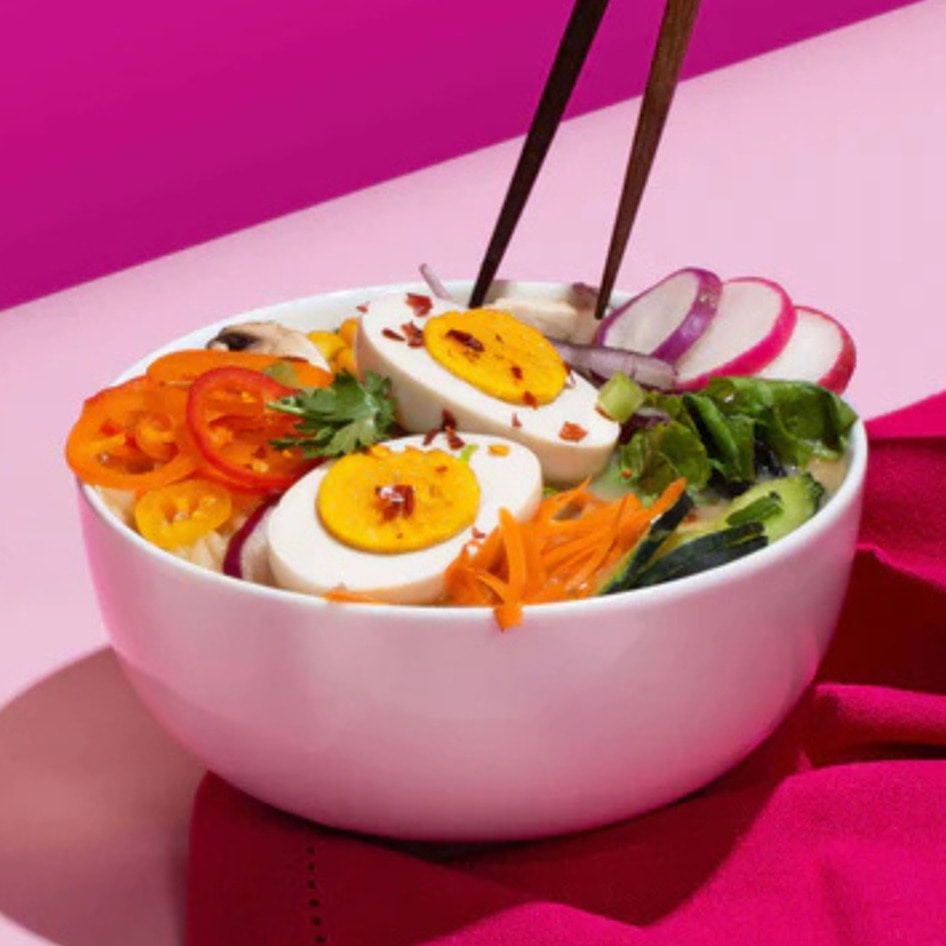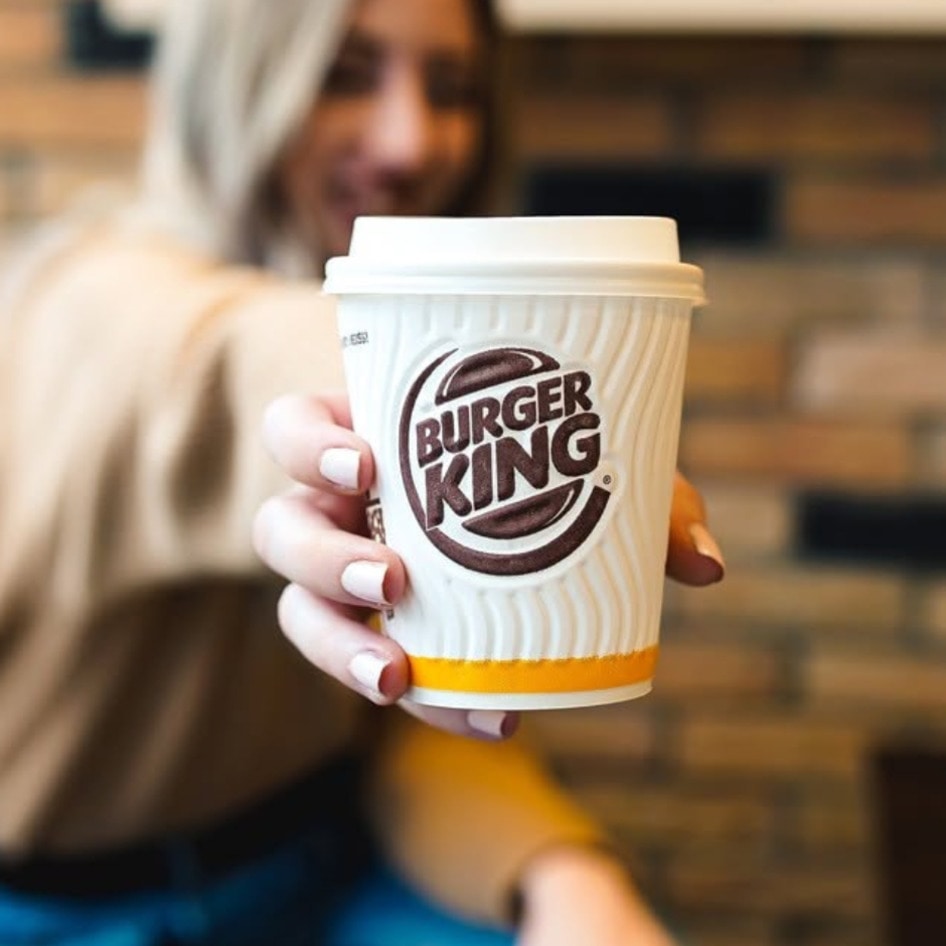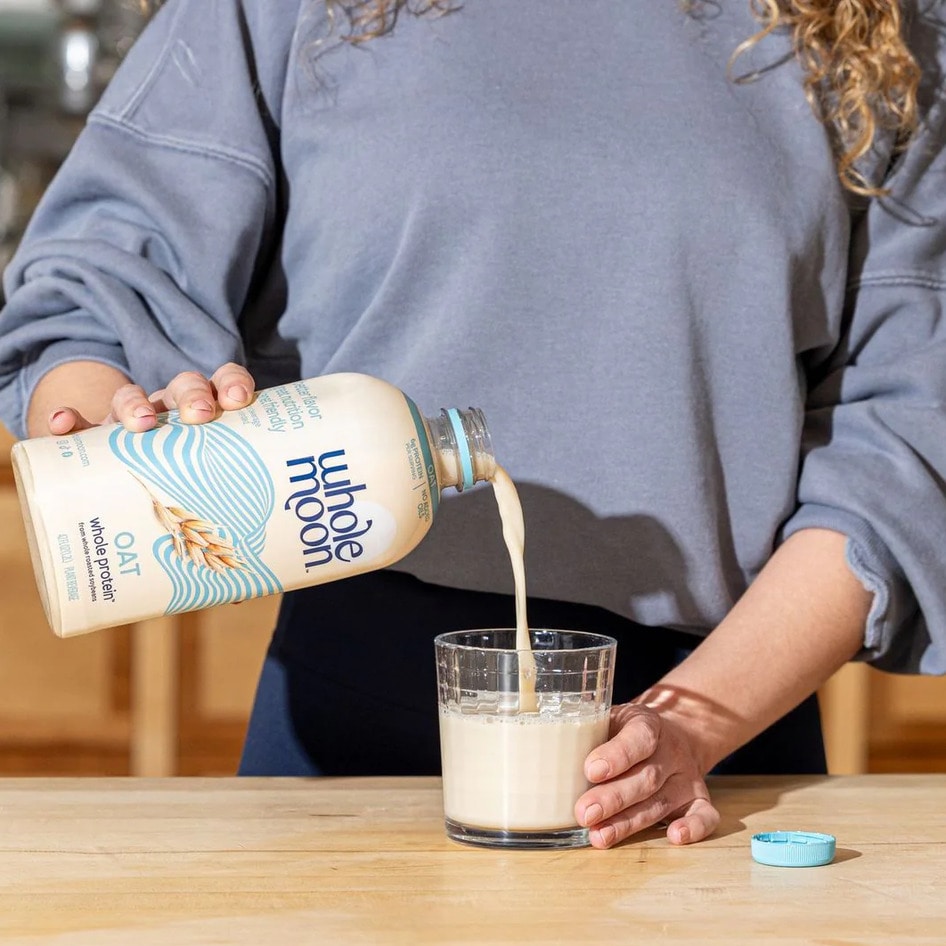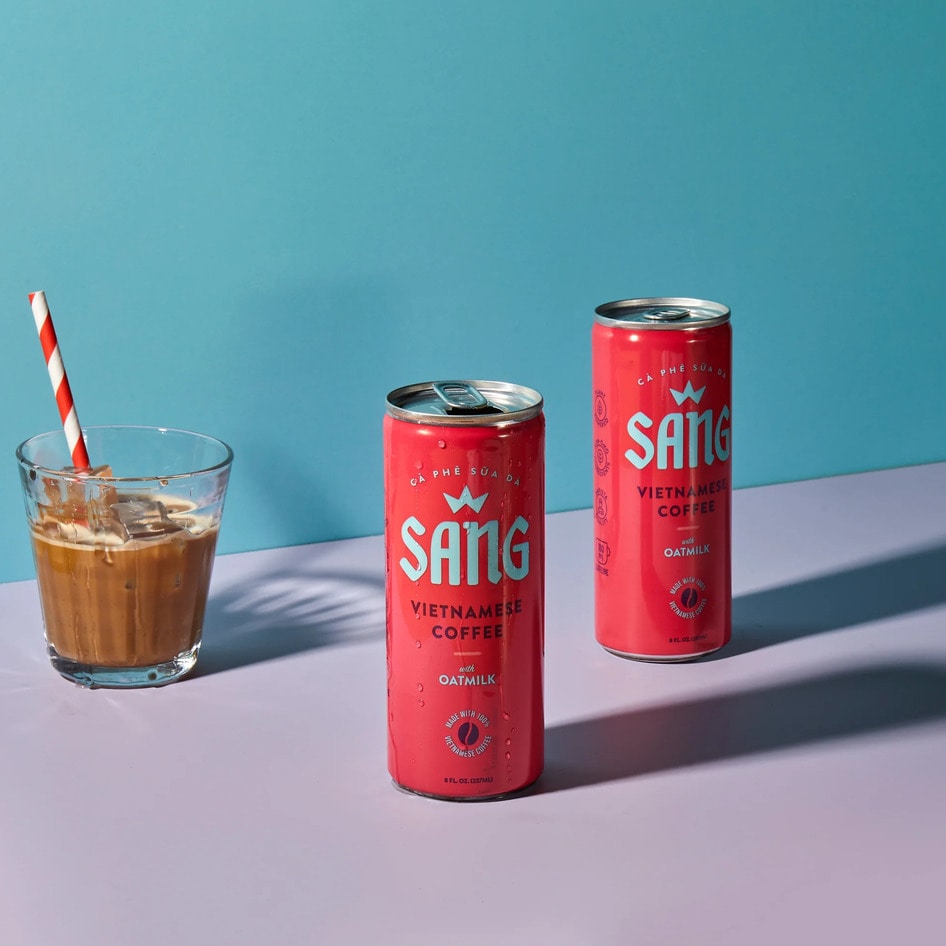Swedish brand Oatly recently received a grant from government agency Vinnova for SEK 1,727,500 ($380,000) to help the vegan company repurpose the waste from its oat milk-production into new consumer products and sustainable initiatives. Oatly currently sells its “oat residue” to local animal farmers who use the byproduct as animal feed—a practice that the company says is more sustainable than traditional methods of sourcing soy from South America, but also something that Oatly struggles with as an ethical issue. “The study and analysis of what to do with the residues from the production of our oat drink is one of the most complex and perplexing issues that this company has faced,” the company said in a statement. “This time, however, we found science alone could only provide partial answers. Instead, our meetings have been filled with philosophical discussions: How do we stay true to our overall objective of long-term systemic change by shifting consumption of animal-based food products to plant-based food products without having to make decisions along the way that conflict with our belief system?”
Oatly will match the government funding with its own investment of $380,000 to develop technology that could refine its byproducts into usable consumer goods, an initiative it began in June and will continue until January 2020. The company’s current fossil fuel-free production facility in Sweden is on course to become carbon neutral, and Oatly has begun work on its Biogas Development Project to explore the feasibility of building an on-site facility that would turn oat residue into renewable energy. “In the interim,” Oatly stated, “as we develop the projects outlined above, we will continue to make our oat residue available to local farmers near our plant in Landskrona until we can be certain that the impact of altering this course doesn’t have a more negative holistic impact on the planet, and the humans and animals that live here.”
In December, Oatly—known for its barista-friendly oat milk and ethics-focused advertising—will hold a discussion in London with innovators that could help accelerate the process of repurposing its byproducts in a sustainable way. “The only way forward as a society is to grow our shared unrelenting drive to question and re-imagine the way things are done, in regard to society in general, but more specifically in how we as humans relate to our food systems and the planet,” the company concluded.
JUMP TO ... Latest News | Recipes | Guides | Health | Subscribe







